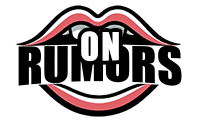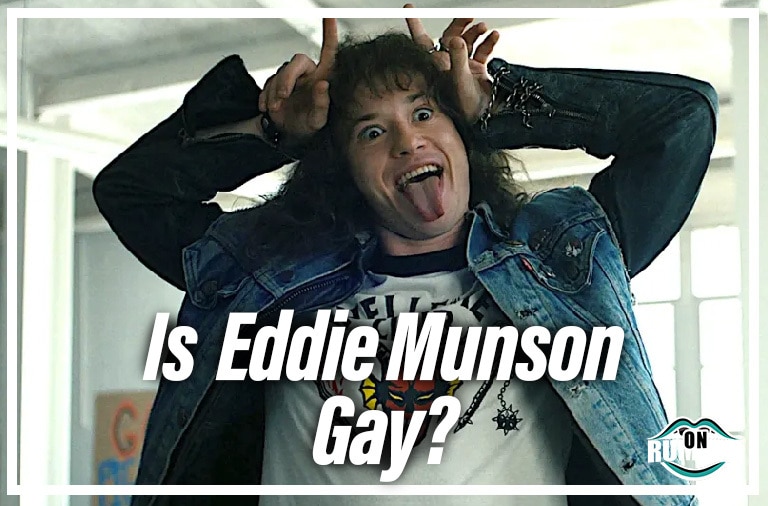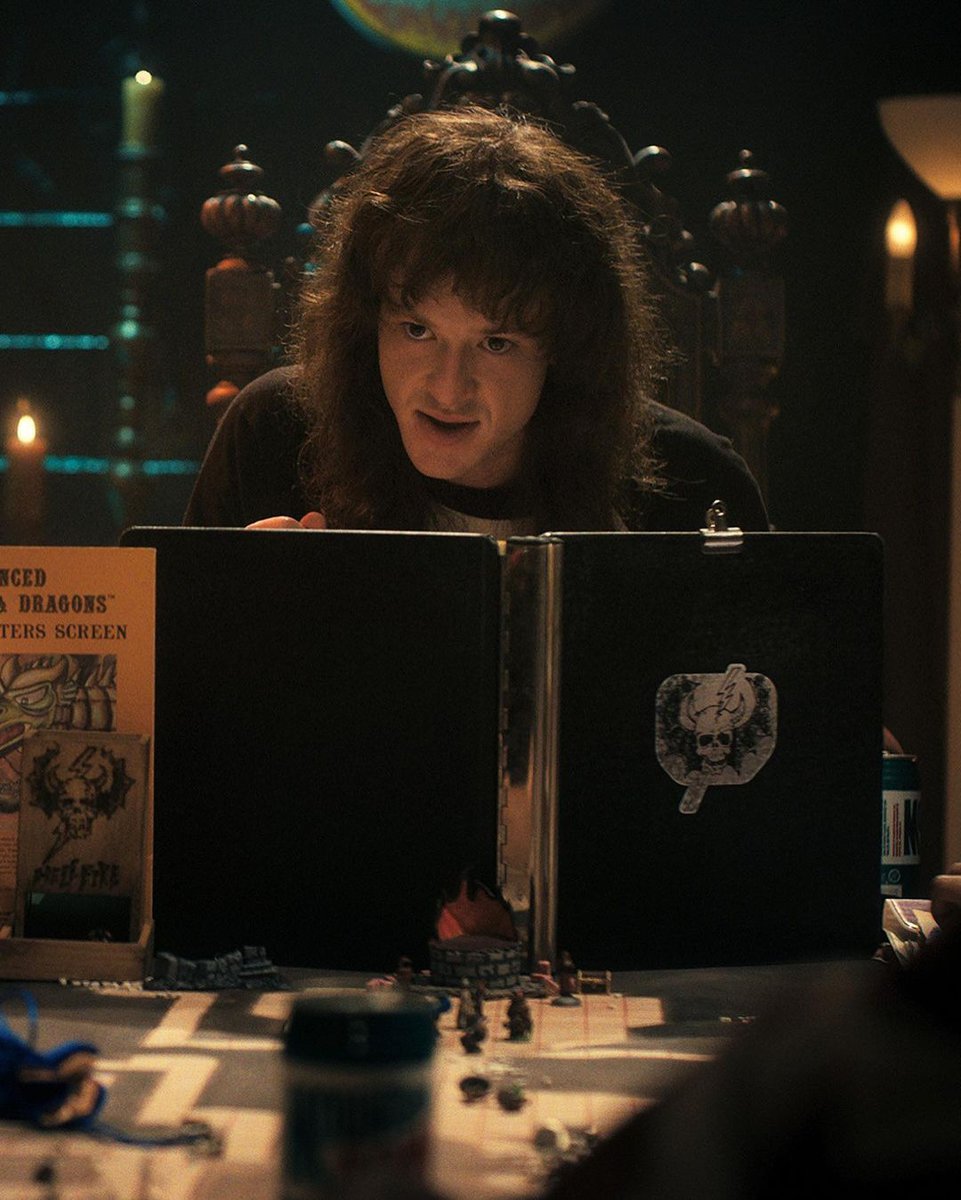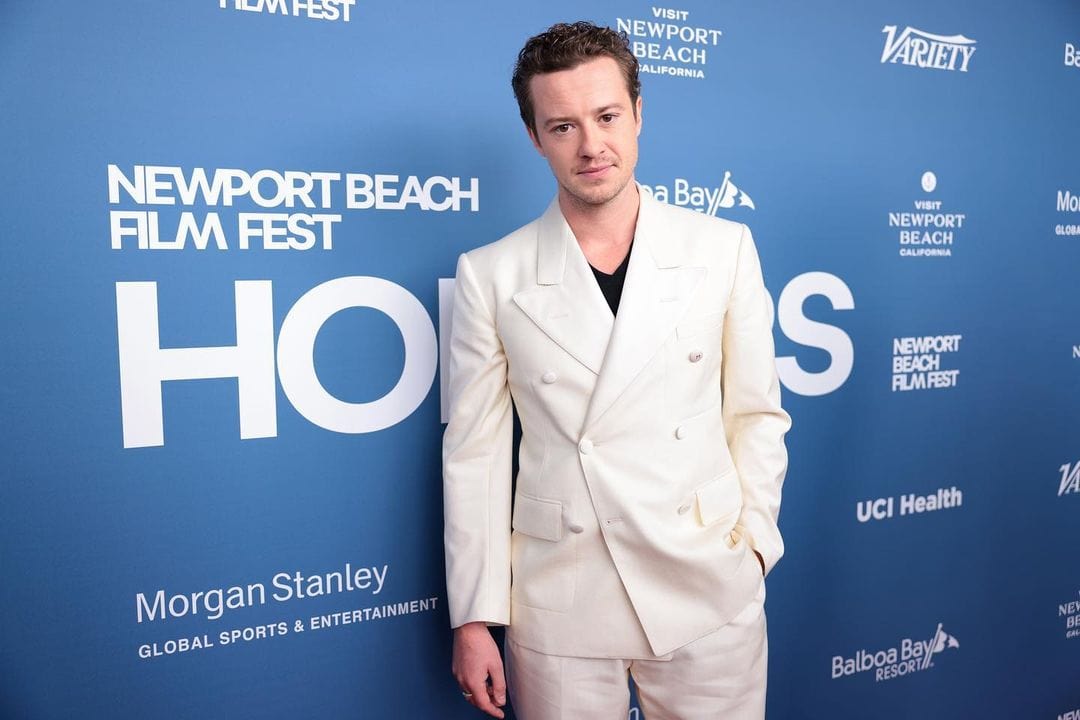Fans are buzzing with questions about Eddie Munson’s love life on Stranger Things. Some think Eddie might be gay, sparking lots of guesses and chats online. We’ll dive into the clues and what we know to clear up the mystery for you.
Keep reading – it gets interesting!
Despite speculation, Eddie shows romantic interest in the female character Chrissy Cunningham, challenging assumptions about his sexuality. Actor Joseph Quinn’s real-life sexuality has faced speculation as well. However, he keeps his personal life private and there is no official statement on his orientation.
Bio Details
| Full Name | Joseph Quinn |
| Date of Birth | January 26, 1994 |
| Place of Birth | London, England |
| Relationship Status | Single |
| Net Worth | $5 million |
The Evidence: Eddie Munson’s Sexuality Questioned
Fan discussions have ignited over Eddie Munson’s true sexual orientation. Clues and ambiguous references fuel the fiery debate on whether he might be queer. Despite the swirl of rumors that Eddie is gay or bisexual, Stranger Things keeps viewers guessing without confirming anything solid.
This uncertainty leaves room for endless speculation among fans who dissect every scene for possible evidence.
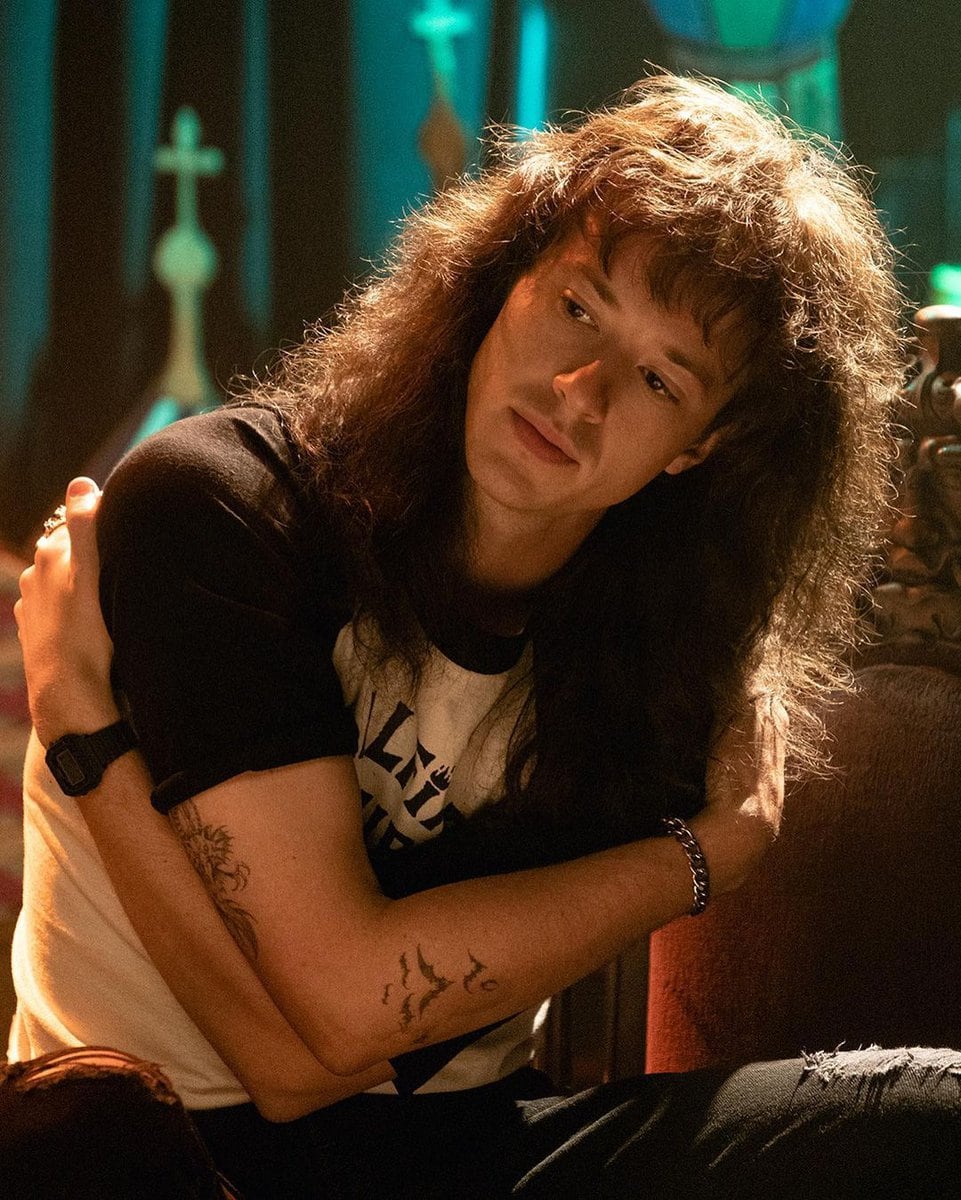
Conversations thrive in forums and social media, where each hint gets magnified into a potential clue about Eddie’s sexuality. Some are convinced they’ve spotted definitive signs. Others remain skeptical, pointing to the lack of confirmed details from showrunners.
The result is a continuous loop of guesswork and theorizing with no clear answers in sight, maintaining a cloud of mystery around one of Hawkins’ most enigmatic characters.
Hanky Code reference
Eddie Munson’s character in “Stranger Things” stirred quite a buzz with his mysterious black handkerchief. This small detail sparked intense conversations because it nods to the Hanky Code, an 80s cultural phenomenon where LGBTQ+ individuals would signal their sexual preferences through colored handkerchiefs.
Fans clued into this historical reference and began piecing together theories about Eddie’s sexuality.
The choice of a black handkerchief is especially intriguing since each color has its own meaning within the queer community’s unique flagging system. While some viewers simply see a curious accessory, others view it as a subtle hint from the showrunners that Eddie may be part of the LGBTQ+ community.
The speculation has woven itself deeply into discussions surrounding Eddie Munson’s speculated queer identity, adding layers to his already compelling storyline on screen.
The series doesn’t shy away from LGBTQ+ representation, introducing viewers to a diverse set of characters with various sexual orientations. These characters navigate their identities and relationships within the narrative, adding depth and realism to the show’s universe.
Each queer character adds a layer to the fabric of the story, providing different perspectives on love, friendship, and courage among teenagers grappling with extraordinary circumstances.
A Fact-Check on The Rumors: Is Eddie Munson Gay?
Eddie Munson’s on-screen journey exhibits notable character growth and development, particularly in terms of his sexual orientation. As the series progresses, his portrayal hints at a growing awareness and acceptance of his queer identity.
The evolution of Eddie’s character aligns with the ongoing theme of LGBTQ representation and visibility within the show, emphasizing the significance of authentic and evolving portrayals.
The unfolding narrative presents an opportunity for viewers to witness Eddie Munson’s experiences that contribute to a more nuanced understanding of LGBTQ characters. His evolution challenges stereotypes while reinforcing the importance of inclusivity and diverse representation in media.
The show creators have not directly confirmed Eddie Munson’s sexuality. There is no direct evidence from the creators addressing Eddie’s sexual orientation, leaving room for speculation and interpretation by viewers and fans of Stranger Things.
The lack of direct confirmation has fueled ongoing conversations about LGBTQ+ representation in the media and the importance of authentic and diverse character portrayals in popular TV shows.
Debunking the Rumors: Eddie Munson’s Attraction to Chrissy Cunningham
Eddie Munson’s attraction to Chrissy Cunningham debunks the rumors about his sexuality, highlighting the significance of a male character being romantically interested in a female character.
To find out more about Eddie Munson’s true identity and the ongoing discussion on representation and diversity in media, keep reading!
The concept of toxic masculinity
Challenging stereotypes and gender norms is integral to understanding the concept of toxic masculinity. Society often expects men to conform to specific masculine traits. It promotes a culture where strength, dominance, and emotional suppression are encouraged.
This societal pressure can stigmatize those who do not fit within these traditional roles, including people with non-conforming sexual orientations or gender identities.
Debunking rumors about Eddie Munson’s attraction to Chrissy Cunningham is an opportunity to address the harmful effects of toxic masculinity. The show highlights that a male character can be romantically interested in a female character. It also explores broader discussions about sexuality and self-expression, and it becomes apparent how ingrained societal expectations can impact personal identity expression.
These dynamics challenge traditional gender stereotypes and offer a fresh perspective on relationships within media narratives.
Joseph Quinn’s Sexuality
Joseph Quinn’s sexuality has been a topic of speculation and rumors on the internet. There have been claims that Joseph Quinn is gay, but there is no official declaration regarding his sexual orientation.
Despite the rumors, Joseph Quinn has a history of dating women and is currently single.
Conclusion: The Ongoing Discussion on Representation and Diversity in Media
The ongoing debate about Eddie Munson’s sexuality sparks important discussions on representation and diversity in media. Fans continue to speculate and share their theories, reflecting a growing interest in authentic portrayal of LGBTQ+ characters.
The gradual reveal of Eddie’s romantic feelings challenges stereotypes and adds depth to his character. This conversation highlights the significance of thoughtful representation and its impact on audiences.
It encourages broader conversations about inclusivity and acceptance within popular culture.
